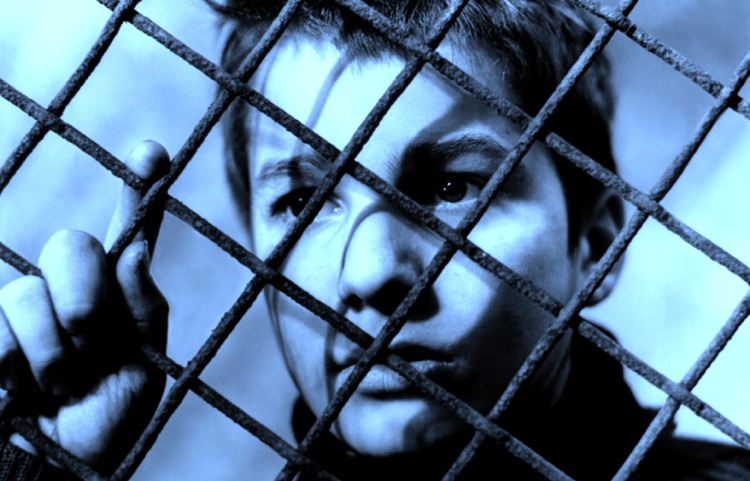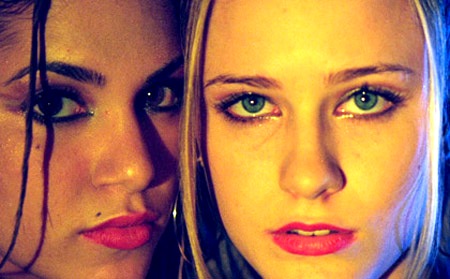
By David Ross. Directors usually make the worst of children, treating them as objects of pedophilic lust (Lucrecia Martel’s Holy Girl, for example) or as spunky mini-adults (Paper Moon). The most fatuous movies – your standard Hollywood fare – share the romantic conviction that children are uncorrupted vessels of purity and innocence and embody a spiritual grace that can alone redeem the fallen world of adults. This notion derives from Wordsworth’s “Ode: Intimations of Immortality from Recollections of Early Childhood” (1807), and specifically from the eighth section, which addresses the child in these terms:
Thou, whose exterior semblance doth belie
Thy Soul’s immensity;
Thou best Philosopher, who yet dost keep
Thy heritage, thou Eye among the blind,
That, deaf and silent, readst the eternal deep,
Haunted for ever by the eternal mind,
Mighty Prophet! Seer blest!
On whom those truths do rest,
Which we are toiling all our lives to find,
In darkness lost, the darkness of the grave.
Any parent who’s attempted to wrestle a crying kid into a car seat will immediately recognize the nonsense of these lines. Wordsworth began the poem before he had any children, but, amazingly, carried on with it after his first son had been born.
The films below represent a far more serious attempt to understand and to poeticize the experience of childhood, and constitute a kind of hall of fame of the genre. They are not films for children, but films about children with profound implications for adults.
- Pather Panchali (1955, Satyajit Ray)
- Aparajito (1957, Satyajit Ray)
- Good Morning (1957, Yasujiro Ozu)
- The Four Hundred Blows (1959, Francois Truffaut)
- Murmur of the Heart (1971, Louis Malle)
- Spirit of the Beehive (1973, Victor Erice)
- Alice Doesn’t Live Here Anymore (1974, Martin Scorsese)
- Small Change (1976, Francois Truffaut)
- Cria Cuervos (1976, Carlos Saura)
- Fanny and Alexander (1983, Ingmar Bergman)
- My Neighbor Totoro (1988, Hayao Miyazaki)
- Nobody Knows (2004, Hirokazu Koreeda)
Larry Clark’s Kids (1995) and Catherine Hardwicke’s Thirteen (2003) deserve a different kind of mention. These films are not easy to stomach, nor great in the world-cinematic sense, but they bring a sharp anthropological eye to our present post-moral (post-human?) degeneracy. It would be nice to write them off as sensational and lurid, but there’s the sneaking, disconcerting suspicion that the world they depict actually exists.

I should offer a caveat about My Life as a Dog (1985), whose loose narrative of semi-humorous and psychologically pat anecdote more or less created the template for the consideration of childhood in contemporary cinema. The film has a vivid sense of physical and social detail, admittedly, but it’s a tad precious, and more than a tad dependent on the kind of schematic psychology found in college textbooks. I’m sure it’s true that the son of an emotionally withdrawn and intellectually preoccupied mother will tend to act out, and that plenty of warmth and attention is just the cure – but none of this is particularly the stuff of arresting art.
For my discussion of films for kids, see here.
Posted on October 27th, 2010 at 10:36am.